Women in Horror Month: Spotlight on Some Recent Female-Directed Horror Films

This Women in Horror Month on Dread Central, we’re looking at the history of women who have influenced the horror genre. Over the past few decades, the women profiled here have created films that have broken the walls for women filmmakers in horror and shaped the genre today, both by making exceptional horror films and discussing feminist ideas.
With Amy Holden Jones’ direction and a screenplay written by Rita Mae Brown, Slumber Party Massacre is one of the most feminist films in horror. It was originally written as a parody of exploitation and slasher films, resulting in a more humorous and satirical film than others of its time. The film offers plenty of female characters, witty and clever social commentary, and it carefully dissects the male gaze in horror films without losing the true terror of an excellent slasher flick.
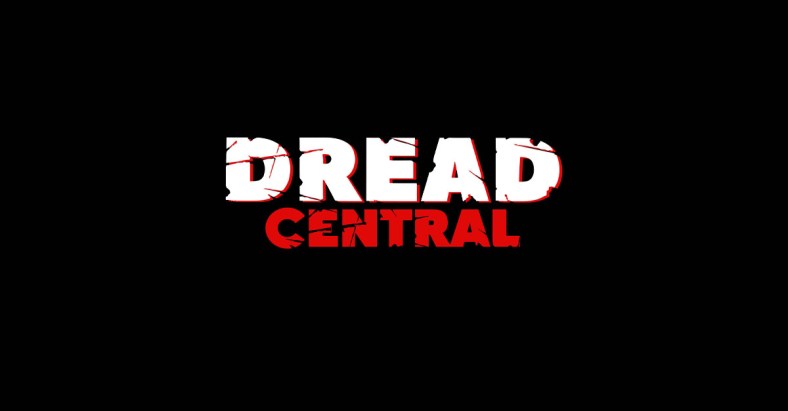
Kathryn Bigelow co-wrote and directed what is noted as one of the best vampire movies of all time, the cult classic Near Dark. Near Dark is darker and less romantic than other vampire movies released during the 80s vampire surge. Bigelow went on to be the first, and so far only, woman to win an Academy Award for Best Director with her film The Hurt Locker.
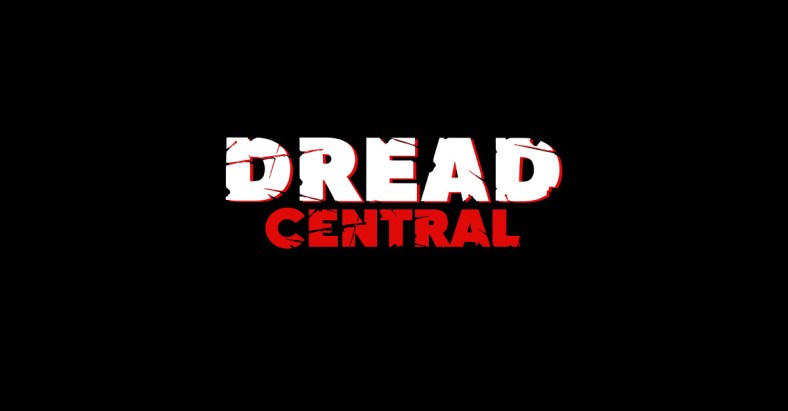
Making a film adaptation of a Stephen King novel isn’t easy, but Mary Lambert’s adaptation of Pet Sematary is a horror classic and arguably one of the best adaptations of King’s work. Lambert’s film is said to be even more unsettling than the novel. Lambert hits the novel’s delicate topics effectively and never evades gore or terror. She later directed the film’s sequel, Pet Sematary 2, followed by Urban Legends: Bloody Mary.
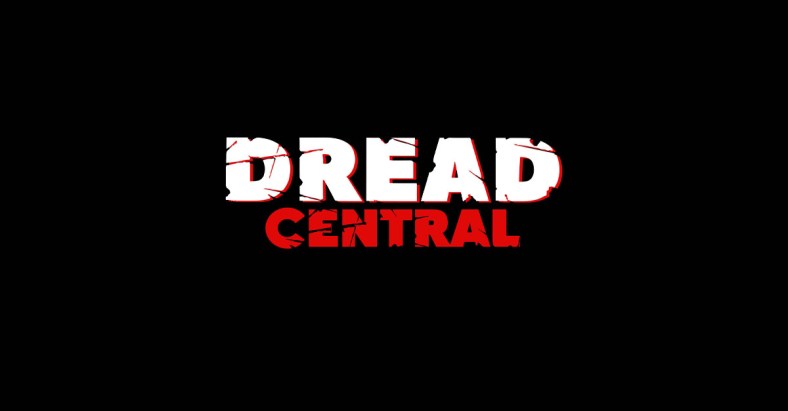
Mary Harron co-wrote (along with Guinevere Turner) and directed the award-winning screen adaptation of Bret Easton Ellis’s American Psycho. Harron and Turner’s screenplay was selected over one written by Ellis himself. Harron was chosen to direct over many male directors, including David Cronenberg, although it is said she was chosen to avoid backlash with the film’s violence against women. Ultimately, the film did see controversy, but her redirect of the male gaze and satirical approach to the previously considered “unfilmable” novel make it a stand-out feature film. Harron is also involved with the upcoming all-women horror anthology XX.
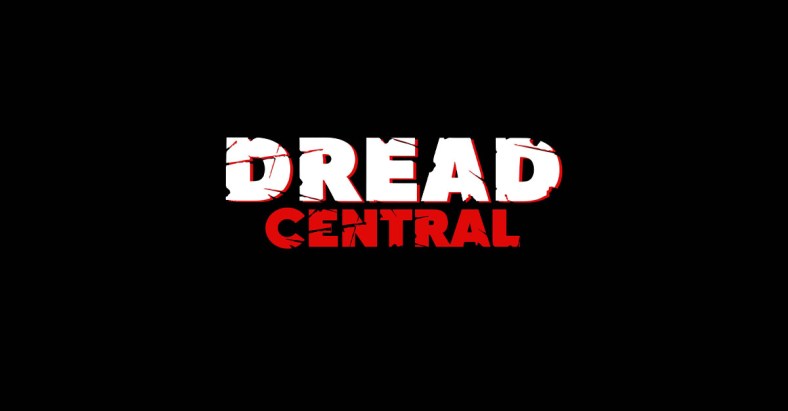
Women in horror also owe thanks to the following pair of female filmmakers: Jennifer Lynch, whose 1993 film Boxing Helena, which she wrote and directed at 24, deals with male privilege and misogyny. Jennifer Lynch is also involved with XX. Antonia Bird’s cannibal time piece Ravenous is dark, disturbing, and has a social commentary about consumption. These women are important to the genre and deserve an honorable mention.
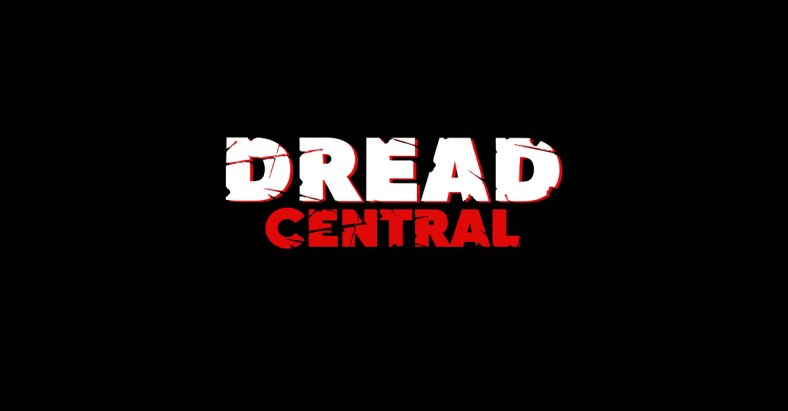
Categorized:News

